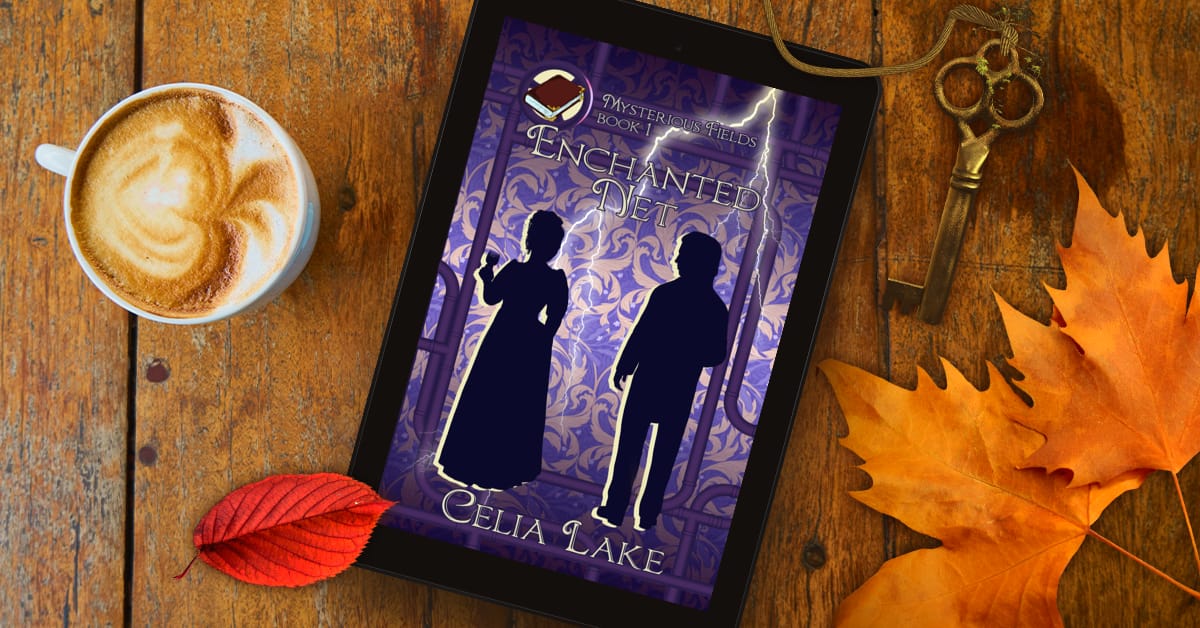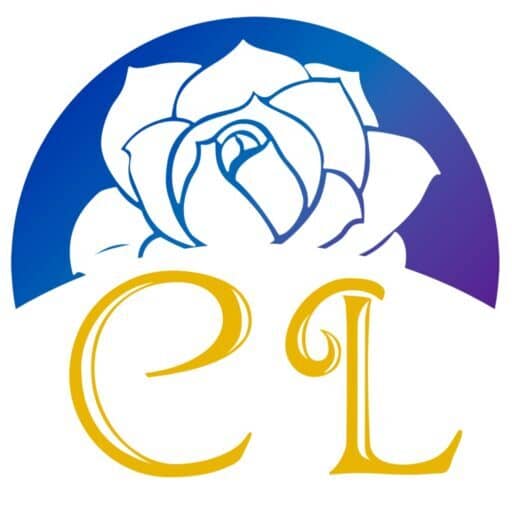Time to talk about why the Mysterious Fields trilogy exists! That’s for a number of different reasons.
I’m avoiding plot spoilers here. If you want those details, you’ll want to go read Enchanted Net, Silent Circuit, and Elemental Truth. And Grown Wise, coming in May, is also quite relevant to these tales.

The Fortiers and Landrys
I began by knowing that something major had happened around 1890 to both the Fortier family and to Alexander’s mother and brother. It became obvious, as I started digging into specific dates and resources that those things were in fact closely linked.
On the Fortier side, it was clear that the Fortiers had once been a particularly powerful and widely spread family, drawing on connections, expertise, and favour-trading to get things done the way they wanted.
And yet, by the time Garin and Isembard are adults, the rest of the family isn’t visible. So my starting question was “What actually happened here?” It was followed shortly by “What did everyone else think happened?” Those two questions shaped the trilogy.
Mysterious Fields Trilogy dates
I went into the writing of the trilogy knowing some key dates. These are things I’d already mentioned specifically or at least gestured at in other books. For the Fortiers, these included Isembard’s birth, the death years for his parents. I knew that Alexander’s mother and brother had died in 1889, six months apart.
Then I spent a lot of high quality time with some genealogy software that would let me input fictional people (MacFamilyTree), my timeline app (Aeon Timeline), my private authorial wiki, and a fair amount of caffeine.
You can see the results of the family tree over here on the public wiki site. (You can zoom in and out and drag and drop, but highly recommend a computer screen, not mobile.) I’ve since named more of the younger cousins, but I’ll update the image when the relevant book comes out.
A key event for someone else
There are two other dates that I noticed as I went through what I’d already referenced. One was the year that Cyrus joined the Council. This ended up forming quite a substantial piece of Silent Circuit, with implications for decades to come.
The other part is a reference at the tail end of Eclipse, about a teaching method in play when various people in the trilogy were in school.
Who knows what?
One of the interesting parts of the Mysterious Fields trilogy is what people who are alive into the 1920s do and don’t know. Alexander has some solid guesses about what happened, but not much certainty. Garin and Isembard know rather less than that – for reasons that are clear in Elemental Truth, neither of them was ever told much in the way of details by their parents. And while Thessaly and Vitus eventually piece some aspects together, they’re both aware there are many aspects they don’t now and aren’t going to find out about.
File this under ‘possibly annoying but realistic’ (especially with binding oaths in play. But also file it under ‘Grown Wise can pick up some pieces of that story decades later, from a different point of view’.
Why the Mysterious Fields trilogy?
The next question is why this story needed three books.
On a story level, it’s because there’s a lot of story to tell here. Betrothals! Council Challenges! Deaths! Chaos! Funerals! Unspecified magic! Talisman making as a magical art! Secret societies! (Well, at least one). The story needed some elbow room to develop.
That’s especially true because Thessaly and Vitus – our points of view here – have a particular view of what’s going on, but not the whole picture. It takes time for what they can see to unfold, or for them to figure out what the next step might be. (And whether they ought to take that step!)
Of course, they both have some powerful motivation. Thessaly wants to know what happened to her aunt, Vitus has seen a number of patterns that suggest things. And he also very much wants to help Thessaly as he can.
On an author level, there’s another reason for writing a trilogy. I hadn’t done one yet, in the sense of three books telling a single story. I wanted to expand some of my skills with writing, with an eye to future projects. Specifically, as I look ahead to writing something in the 1480s, I wanted to challenge myself to plot a complex sequence of events more tightly, and figure out what that meant for pacing, character development, and the growing romance.
I’m expecting the 1480s series – when I get there – will be seven books, because Albion likes a seven. But I’m also currently expecting it will likely have some internal structure. Two duologies and a trilogy, maybe. At any rate, more skills at doing multi-book arcs isn’t going to hurt anything.
What it means in the 1940s
Finally, we get to the consequences of the timeline. Grown Wise (coming May 2nd), is what happens when Ursula Fortier (granddaughter of Laudine and Dagobert, who died nearly two decades before she was born) gets her teeth into a puzzle. It’s not the only thing on her mind, but it’s important.
After all, whatever happened is continuing to affect Arundel into the late 1940s. It’s not the only thing that has – Uncle Garin, Aunt Livia, the Second World War all have also had a role here. But Ursula is bound and determined to improve things. And that means figuring out what’s going on, then coming up with a plan that might help.
It is a help that she has her own particular relationship to her Uncle Alexander (Landry). Even better, he’s her godfather, and she definitely makes the most of the access and scope that gives her with him, when it comes to asking about difficult topics. She’s also got a different angle on her Uncle Garin than the rest of her family does, especially now she’s his Heir.
All of that means, she might just manage to put some puzzle pieces back together – with a little help – and make sense of them in a way that offers new ways to go forward.
The good news, from her point of view, is that society has changed over the course of two world wars. She has more room to act – in society, on the estate, in the family – than Thessaly ever had. She has an entirely different set of resources to draw on. And she has the benefit of growing up amongst experts in their respective fields, and being able to draw on expertise without being intimidated by it.
All of this is while juggling half a dozen other plots, of course. This is Ursula we’re talking about. She’s made of them.
Come for the Mysterious Fields trilogy, stay for Ursula sorting things out later! (You can absolutely read them independently of each other, as well.)

